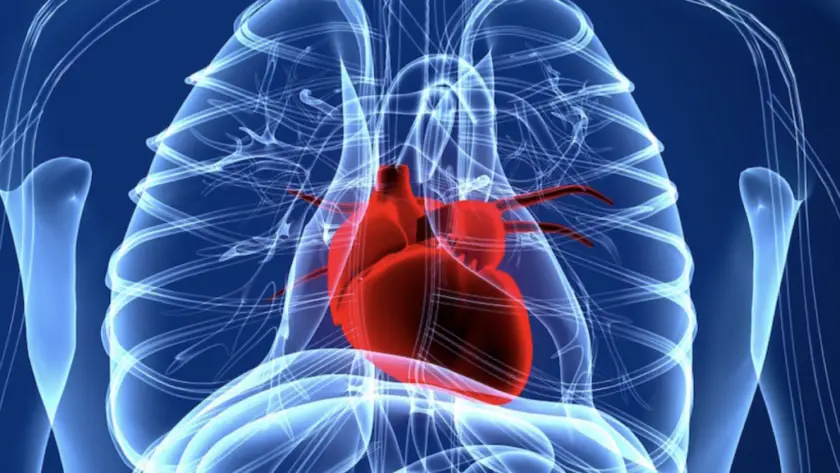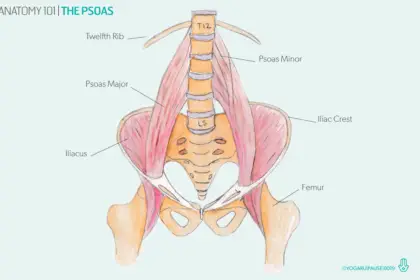Cholesterol: The Unsung Hero of Brain and Body Health
Cholesterol often gets a bad rap, commonly associated with heart disease and poor health. However, cholesterol plays crucial roles in the body that are essential for maintaining optimal health, particularly in brain function and hormone production. This article delves into how cholesterol is involved in building myelin in the brain, its role as a precursor to testosterone production, and other vital functions it performs in the body.
Cholesterol and Myelin Sheath Formation
The Myelin Sheath: A Vital Component
The myelin sheath is a protective layer that surrounds the axons of nerve cells (neurons) in the central and peripheral nervous systems. This sheath is crucial for the proper functioning of the nervous system as it facilitates the rapid transmission of electrical impulses along the nerve cells, enabling efficient communication between neurons. Without sufficient myelin, neural communication would slow down dramatically, leading to various neurological issues.
Cholesterol’s Role in Myelin Formation
Cholesterol is an essential component of myelin. The myelin sheath is composed of about 70-80% lipids, with cholesterol being a significant part of this lipid content. Cholesterol’s presence is crucial because it provides the structural integrity and insulation necessary for the myelin sheath to function effectively.
During myelination, oligodendrocytes in the central nervous system and Schwann cells in the peripheral nervous system wrap around the axons, depositing layers of myelin. Cholesterol is synthesized locally within these cells, ensuring an adequate supply for the formation and maintenance of the myelin sheath. Without cholesterol, the myelin sheath would lack the stability and functionality required for proper neural transmission.
Cholesterol as a Precursor to Testosterone
The Importance of Testosterone
Testosterone is a vital hormone, especially in males, where it plays a crucial role in the development of reproductive tissues, the maintenance of muscle mass, bone density, and the regulation of mood and energy levels. In females, testosterone is also important, albeit in smaller amounts, contributing to overall health and well-being.
Cholesterol’s Role in Hormone Production
Cholesterol serves as the precursor for the synthesis of steroid hormones, including testosterone. The process begins in the mitochondria of steroid-producing cells where cholesterol is converted into pregnenolone, the first step in the production of all steroid hormones. From pregnenolone, a series of enzymatic reactions occur, leading to the formation of testosterone and other important hormones like cortisol, aldosterone, and estrogens.
The body’s ability to produce these hormones hinges on the availability of cholesterol. Thus, insufficient cholesterol levels can impair the synthesis of these critical hormones, potentially leading to hormonal imbalances and associated health issues.
Other Essential Functions of Cholesterol
Cellular Membrane Structure
Cholesterol is a fundamental component of cell membranes, contributing to their fluidity and stability. It is interspersed within the phospholipid bilayer of cell membranes, where it helps to maintain membrane integrity and functionality. Cholesterol ensures that cell membranes are neither too rigid nor too fluid, enabling proper cell signaling, nutrient transport, and cellular communication.
Synthesis of Vitamin D
Cholesterol is also a precursor to vitamin D, a vital nutrient involved in calcium absorption, bone health, immune function, and the regulation of cell growth. When the skin is exposed to sunlight, specifically UVB radiation, 7-dehydrocholesterol (a derivative of cholesterol) is converted into vitamin D3 (cholecalciferol). This form of vitamin D is then metabolized in the liver and kidneys to produce the active form of vitamin D, which exerts its physiological effects throughout the body.
Bile Acid Production
Bile acids, which are essential for the digestion and absorption of dietary fats, are synthesized from cholesterol in the liver. These bile acids are stored in the gallbladder and released into the small intestine during digestion. They emulsify fats, making them more accessible to digestive enzymes and facilitating the absorption of fat-soluble vitamins (A, D, E, and K). Without sufficient cholesterol, bile acid production would be compromised, impairing fat digestion and nutrient absorption.
Antioxidant Function
Cholesterol itself has antioxidant properties, helping to protect cells from oxidative stress and damage caused by free radicals. Oxidative stress is implicated in various chronic diseases, including cardiovascular disease, neurodegenerative disorders, and cancer. By contributing to cellular antioxidant defenses, cholesterol plays a role in maintaining overall cellular health and function.
Hormone Function
Cholesterol is a vital precursor in the biosynthesis of testosterone. It serves as the foundational building block for steroid hormones. The process begins in the adrenal glands and gonads, where cholesterol is converted into pregnenolone through a series of enzymatic reactions. Pregnenolone then undergoes further enzymatic transformations to produce various steroid hormones, including testosterone. This intricate pathway underscores the importance of cholesterol in hormonal balance and the body’s ability to produce testosterone, which plays a crucial role in male reproductive health, muscle mass, bone density, and overall well-being.
Balancing Cholesterol Levels
The Dichotomy of “Good” and “Bad” Cholesterol
Cholesterol is transported in the blood by lipoproteins. Low-density lipoprotein (LDL) carries cholesterol to cells, while high-density lipoprotein (HDL) transports excess cholesterol back to the liver for excretion. LDL is often labeled as “bad” cholesterol because high levels can lead to plaque buildup in arteries, increasing the risk of cardiovascular disease. Conversely, HDL is considered “good” cholesterol as it helps to remove cholesterol from the bloodstream, reducing the risk of heart disease.
The truth is, neither is ‘bad’ or ‘good’ it’s simply the ratio of these within the body that matters for your health.
Maintaining Healthy Cholesterol Levels
While cholesterol is essential for health, maintaining balanced levels is crucial. Here are some strategies for managing cholesterol levels:
- Diet: Eating a diet rich in fruits, vegetables, whole grains, and healthy fats (such as those found in olive oil, nuts, and fatty fish) can help maintain healthy cholesterol levels. Limiting intake of saturated and trans fats is also important.
- Exercise: Regular physical activity can help raise HDL cholesterol levels while lowering LDL cholesterol levels.
- Weight Management: Maintaining a healthy weight can positively impact cholesterol levels and overall cardiovascular health.
- Avoid Smoking: Smoking lowers HDL cholesterol and damages blood vessels, contributing to the buildup of arterial plaque.
Conclusion
Cholesterol is a vital substance that plays numerous essential roles in the body, from building the myelin sheath in the brain to serving as a precursor for hormone production, including testosterone. Additionally, cholesterol is crucial for maintaining cell membrane integrity, synthesizing vitamin D, producing bile acids for fat digestion, and protecting cells from oxidative stress. While it’s important to manage cholesterol levels to reduce the risk of cardiovascular disease, it’s equally important to recognize the indispensable functions that cholesterol performs in maintaining overall health. By balancing cholesterol levels through a healthy lifestyle and, when necessary, medical intervention, we can ensure that cholesterol continues to contribute positively to our well-being.





